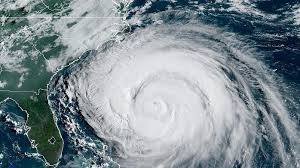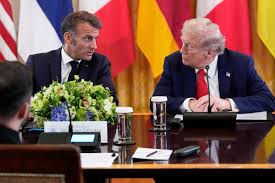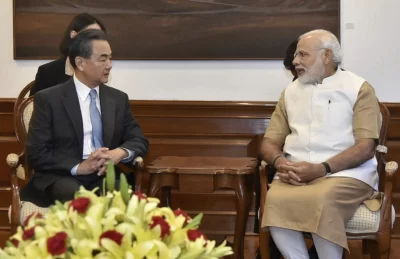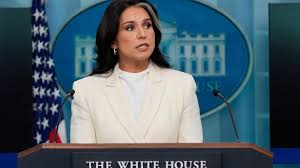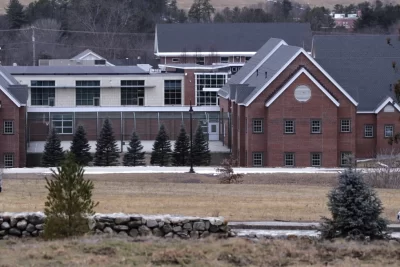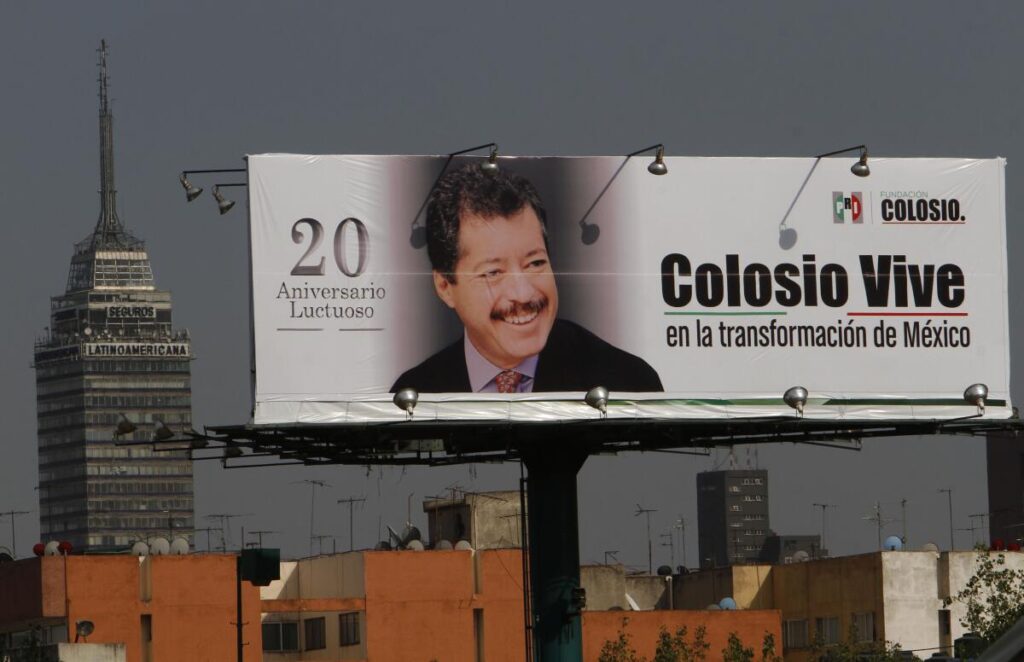
Mexico’s president unleashed a broad spate of conspiracy theories Thursday, arguing that the 1994 assassination of a Mexico presidential candidate was a government-sponsored killing.
President Andrés Manuel López Obrador did not provide any specific evidence for the accusation of state involvement in the killing of ruling party candidate Luis Donaldo Colosio, but he did say he had met with Colosio just days before he died, purportedly at the hands of a lone gunman.
“I came to the conclusion a long time ago that this was a state crime,” López Obrador said of the assassination.
Colosio had been viewed as the front-runner in the race and had seemed poised to take the then-ruling Institutional Revolutionary Party, or PRI, on a more leftward turn, away from the pro-market, privatization policies it had adopted. Researchers have speculated in the past that may have made top PRI members uncomfortable.
It wasn’t the only conspiracy theory the Mexican president espoused Thursday.
López Obrador also claimed, without offering any evidence, that the 1963 assassination of U.S. President John F. Kennedy was also a “state crime.”
He also said Thursday that the U.S. arrest of former Mexican defense secretary Gen. Salvador Cienfuegos in 2020 was part of a Drug Enforcement Administration plot to weaken Mexico’s armed forces and allow U.S. agents free reign in Mexico.
Cienfuegos was arrested at a Los Angeles airport, accused of participating in an international drug trafficking and money laundering network.
Mexico demanded Cienfuegos’ release, reportedly threatening to expel U.S. agents unless he was returned. The United States dropped the charges and returned him. Mexico quickly absolved Cienfuegos of any wrongdoing and on Wednesday awarded him a medal.
“The DEA and their representatives, because they are everywhere, were very angry because they wanted to have the Mexican Army and armed forces weakened, sitting in the defendants’ box, so that they could do whatever they wanted in Mexico,” López Obrador said.
The issue of the old cases came up because of court rulings that could result in the release of Mario Aburto, the man convicted of killing Colosio at a political rally in the border city of Tijuana in 1994.
An appeals court ruled that Aburto had been tried incorrectly and given a 45-year sentence under federal sentencing guidelines, when he should have been tried and sentenced under state guidelines, because homicide is considered a state offense.
Aburto has already served almost all of what would have been imposed under state sentencing guidelines. It is not clear whether the appeals court ruling would automatically result in his release. Aburto has said he acted alone.

